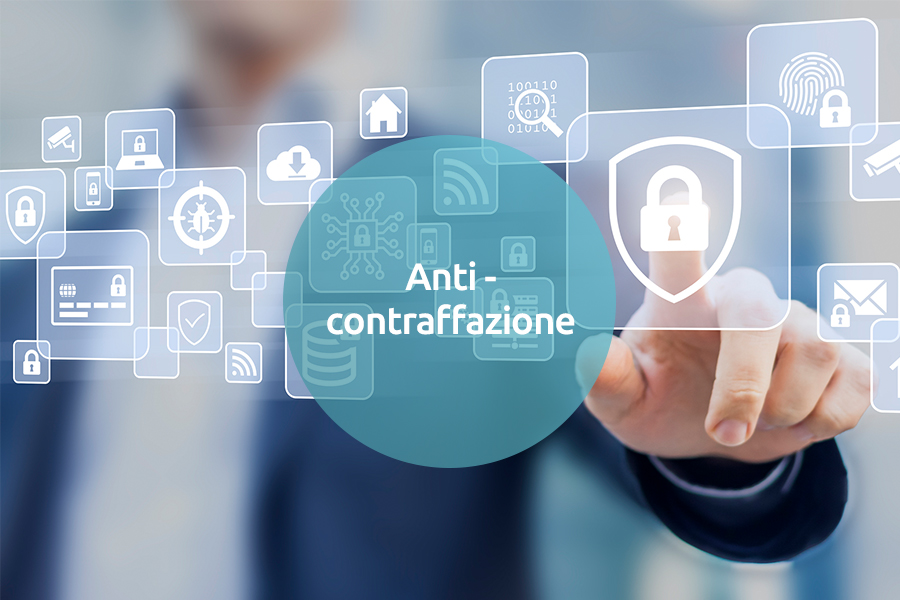The Italian Patent and Trademark Office introduced examination proceedings for those national patent applications for which a search report and a preliminary patentability opinion has already been issued.
The new examination stage on the merits of inventions is based on the results of the international search report and the written opinion annexed thereto.
In March 2011 the Italian Patent and Trademark Office (IPTO) introduced examination proceedings for those national patent applications for which a search report and a preliminary patentability opinion has already been issued.
Previous situation
Previously, the Italian patent legislation did not contemplate an examination on the merits for national patent applications, and the assessment of an invention's patentability was deferred to, if applicable, prosecution in foreign countries or legal proceedings before a court. This meant that patents granted in Italy were regarded as having a very low presumption of validity compared to other national titles across Europe.
Since the Code of Industrial Property came into force on 10th February 2005, envisaging a prior art search for national applications, interested parties have waited for signs of a concrete move towards further developments which could make such a search more than an informative step in the path towards granting.
The use of a search for Italian patent applications entered into force on 1st July 2008. An Italian application filed on or after that date is subject to a international search report and a patentability opinion is issued by the European Patent Office (EPO). This regime applies to any admissible first application for an invention which claims no priority, irrespective of the applicant's nationality. Utility model applications are excluded from the search
New procedures
Now a further examination stage on the merits of inventions has been added, based on the results of the international search report and the written opinion annexed thereto. Specifically, if the opinion is at least partially negative as regards the invention's novelty, inventive step or industrial applicability, the applicant is requested to file a reply to the report, together with any amendments to the claims and the description it deems to be necessary in order to overcome the objections raised.
If the opinion raised an objection of lack of unity, the applicant is invited to restrict the pending application to the searched invention and may file divisional applications to pursue the other inventions provided that the parent application is pending.
The applicant's reply will be added to the file. It seems that the IPTO examiners will not carry out a full substantive examination based on the applicant's arguments and/or amendments. Therefore, there should be no further evaluation of whether the application meets the patentability conditions in view of the applicant's submissions. Thus, it is expected that the patent will be granted shortly after the reply has been received, unless the IPTO considers such reply to be prima facie unsatisfactory.
If the applicant fails to counter an outstanding negative opinion successfully, the application will be refused.
A reply on the merits must be received within three months of publication of the application, and this term is unextendable. Further processing should apply. Since Italian patent applications are not yet published in a bulletin (an electronic bulletin is due to be established), the actual publication date is calculated as the date on which the application is made accessible to the public (i.e. 18 months after the effective filing date). Although this regime does not apply to applications claiming priority of a previous foreign (or national) application, applicants should be aware that the effective filing date may be different from the actual filing date (e.g. for divisional applications). In a first transitional period, the earliest applications with a search report and written opinion which have already been made available to the public (i.e. those filed in the second half of 2008 and in 2009) will receive an examination communication from the IPTO, requesting reply within a five-month term from the date of receipt of the communication. For more recent applications, the examination communication accompanies the search report, which is typically issued five to nine months after filing, thus giving the applicant at least one year to consider the objections and to prepare its reply. From a practical point of view, the search report and written opinion should be taken into account by the applicant when reviewing the application both during the Italian prosecution and in view of any foreign filing.
Both the search report and the examination communication are made available to the applicant or its representative in electronic form or as a registered letter, depending on the form in which the application was filed. At present, about 60% of patent and trademark applications filed at the IPTO are filed in electronic form.
Benefits for Italian and foreign businesses
The new system is attractive because of the lower costs incurred for obtaining a preliminary patentability opinion, as compared to an international or European filing. A filing fee of €50 is contemplated, but at present no search and examination fee is due, as this is borne by the IPTO. Moreover, an applicant receiving a favorable report and willing to pursue a European or PCT route, where the EPO is the searching authority, enjoys a full or partial refund of the search fee payable to the EPO to the extent to which the EPO benefits from the earlier search report.
To the benefit of applicants and third parties, it should take less time to grant an Italian patent, and there should be a higher presumption of the validity of granted patents. In particular, it could be envisaged that a positive search report and opinion will speed up the prosecution of an application because a reply is not mandatory and the IPTO might advance the application to grant without delay. In case of a negative preliminary opinion commented on by the applicant, although a patent could still be granted to an invention whose novelty and inventiveness has not been directly assessed by an examiner, both the written opinion and the applicant's arguments in response thereto will be made publicly available, thus helping any third party to evaluate the strength of the patent. This information will also constitute the starting point for a comprehensive assessment of the validity of the patent in case of nullity or revocation proceedings in court.
At national level, the new system should render the patent protection of innovations more attractive, since a patent granted with a supporting positive search report will be afforded a higher presumption of validity than previously. This could prove beneficial to patent rights owners, giving a more objective assessment on the enforceability of a patent or patent application than was given previously. As a result, in view of court actions, particularly when a request for precautionary measures is at stake, litigation based on trivial applications should be discouraged, while the owners of granted patent applications should be helped to enforce their rights successfully.
Under Italian legislation and case law a patent application is enforceable even before grant provided that the applicant can submit at least prima facie evidence showing that the claims that it is willing to enforce meet the patentability requirements. It is expected that a positive opinion issued with the search report will be considered to be suitable evidence for that purpose.
It is hoped that under the new procedures, Italian companies will be encouraged to protect their technology or profit from it, either by exploiting it themselves or by selling licenses to third parties and it is expected that their actual innovations be a valuable basis for any fundraising operation.




